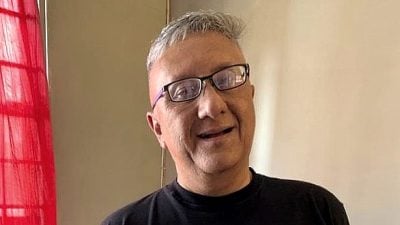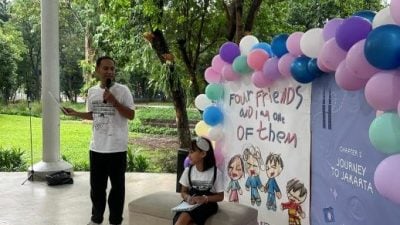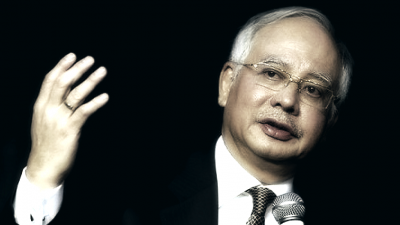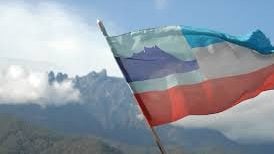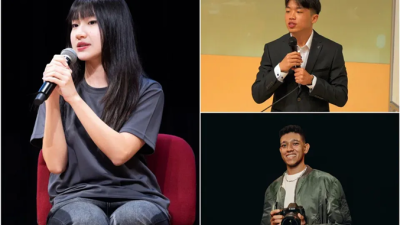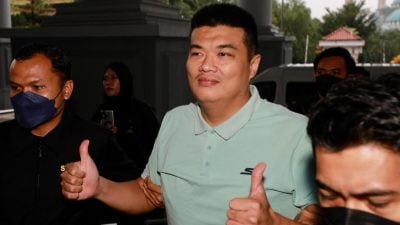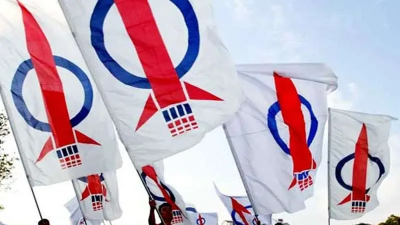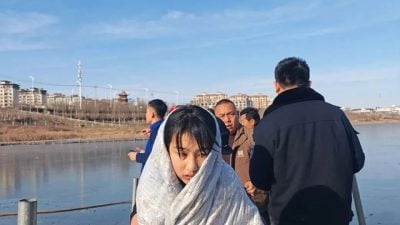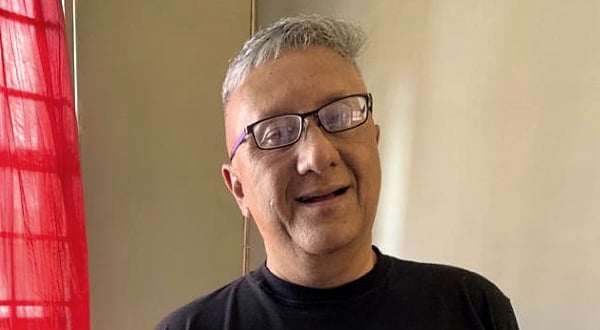
When I was a small boy living in Kuala Lumpur’s Malay enclave of Kampung Baru, I used to hear some pakciks arguing with my father, accusing the non-Malays, especially the Chinese, of not “willing to die for the country” by refusing to join the Armed Forces.
By not joining the military, the elderly Malay men saw the Chinese in particular as “unpatriotic citizens who do not want to defend the country, interested only at making money”.
To strengthen their case, they turned their fingers to the many Chinese doing business compared to the number of Malays in the Armed Forces, especially the Army.
This was circa 1963 during the days of the “Konfrontasi Indonesia–Malaysia”.
But “strangely”, when they spoke of the importance of a national service program for the youths of Malaysia (even back then there was talk of national service), they were not “keen” in seeing the participation of non-Malays, as “that would mean teaching them to be soldiers”.
Yes, there was this mistrust for non-Malays to be taught how to handle firearms.
My father would always differ with such views that he said was not fair. He would propagate the need to find out the reasons for non-Malays not joining the Armed Forces.
He was against painting entire non-Malay communities with one big brush. That was not right, he had said.
Many a time he would put forth as example the Chinese members of the Special Branch fighting the predominantly Chinese Communist Party of Malaya.
Hence, it was no big surprise my father was looked upon with much “annoyance and displeasure” by certain quarters in his own party, Umno. But my father was much liked by the people: Malays, Chinese, Indians alike, winning every general election from 1955 for the Kampung Baru constituency (encompassing also the Batu Road, present day Jalan Tuanku Abdul Rahman and Chow Kit areas as well as Kampung Dato Keramat) to be the Wakil Rakyat till he passed in 1966.
Somehow the issue of non-Malays not willing to join the Armed Forces never went away.
According to some Malays, when non-Malays joined the Armed Forces, they did so to start their career as high ranking officers.
They were referring to the medical or engineering graduates joining medical and engineering corps as doctors and engineers which came with the ranks of officer. And the “preference” was also for the Navy or Air Force.
When I was in my late teens, some of my Chinese friends “admitted” the idea of joining the military in particular the “the foot soldiers” never appealed to them because of “small gaji”, apart from the “absence” of opportunity to “naik pangkat” or get promoted.
A couple of weeks ago, the question of racial discrimination and the recruitment of non-Malays to the Malaysian Armed Forces somehow resurfaced.
Honestly, I do not know how this came about. I found myself reading news reports quoting Chief of Defense Force Jeneral Tan Sri Affendi Buang saying the Malaysian Armed Forces “do not set any racial quota for the recruitment of soldiers”.
According to Affendi, the notion that only a particular race is favored to join the Armed Forces is a misconception, as the recruitment of personnel is subject to applicants meeting the stipulated conditions.
“The Malaysian Armed Forces have never set quotas for any race when conducting its selection and recruitment process. So there should not arise any notion that the Armed Forces are only for a particular race,” said Affendi in a special interview in conjunction with the 88th Malaysian Armed Forces Day recently.
The “particular race” mentioned would mean the Malays. Obviously.
To be fair, there are a substantial number of Armed Forces personnel who are from the Iban and Dayak communities. There are Chinese, Indians, Punjabis, Eurasians and others as well.
But, debates over race and the military are not something unique to Malaysia. For instance, as pointed out by Setiawanga MP Nik Nazmi Nik Ahmad, in June the senior leadership of the US military had a sharp exchange with Republican congressmen over whether the military was studying “critical race theory” i.e. academic theories about racial supremacy and privilege.
Then there’s the long-standing accusation of discrimination against the Malays in the Singapore Armed Forces which continues to receive widespread coverage.
And as Nik Nazmi sees it, the Malaysian Armed Forces, like all human institutions, is probably not free from the flaws of human nature including prejudice. But he says it is wrong to assume no progress at all has been made to overcome the problem, going on to cite cases of non-Malay personnel who have risen to be high-ranking officers.
Also, as said by Defense Forces chief Affendi, the number of non-Malays in the Armed Forces is increasing and they are reaching out via several programs so that more non-Malays would want to be recruited.
Nik Nazmi concedes that more could have and must be done to encourage non-Malay participation. His Setiawangsa constituency is home to a large community of Armed Forces personnel, veterans and their families.
As MP, he has interacted often with them and I feel his views and suggestions on the issue are very much relevant and ought to be given attention.
The key, according to Nik Nazmi, is to listen to actual former, current and future Armed Forces personnel on their experiences as well as how they, rather than just politicians, think the country can move forward together on this.
Naturally, issues like salary, retirement benefits, pension and ability to get jobs in the civilian world upon retirement must be ironed out.
The Armed Forces face a problem in recruiting graduates and those from middle class families, Malays included. Therefore, this cannot be reduced to be “another” racial issue “only”.
In short, there are other factors as well that are not encouraging non-Malays to join the Malaysian Armed Forces. All must be identified and solved. ASAP.
Having said that, Nik Nazmi says something else which I fully agree: “It is important that our military must not only be able to defend the rakyat but also be representative of them as much as possible.”
(Mohsin Abdullah is a veteran journalist and now a freelancer who writes about this, that and everything else.)
ADVERTISEMENT
ADVERTISEMENT






